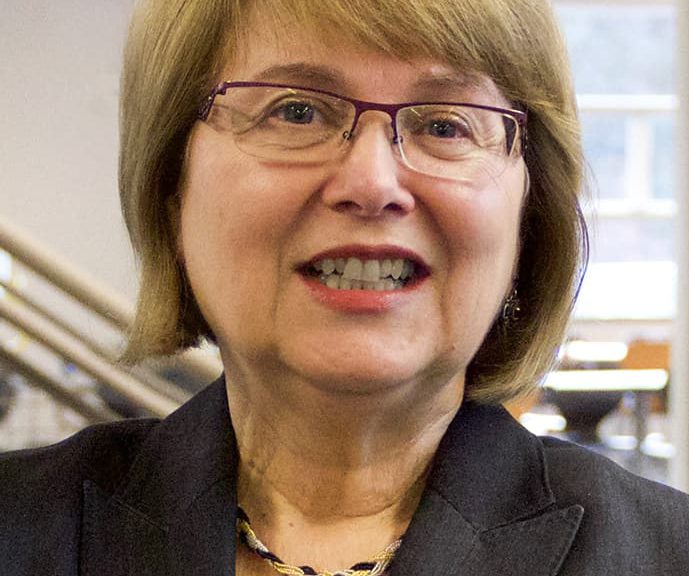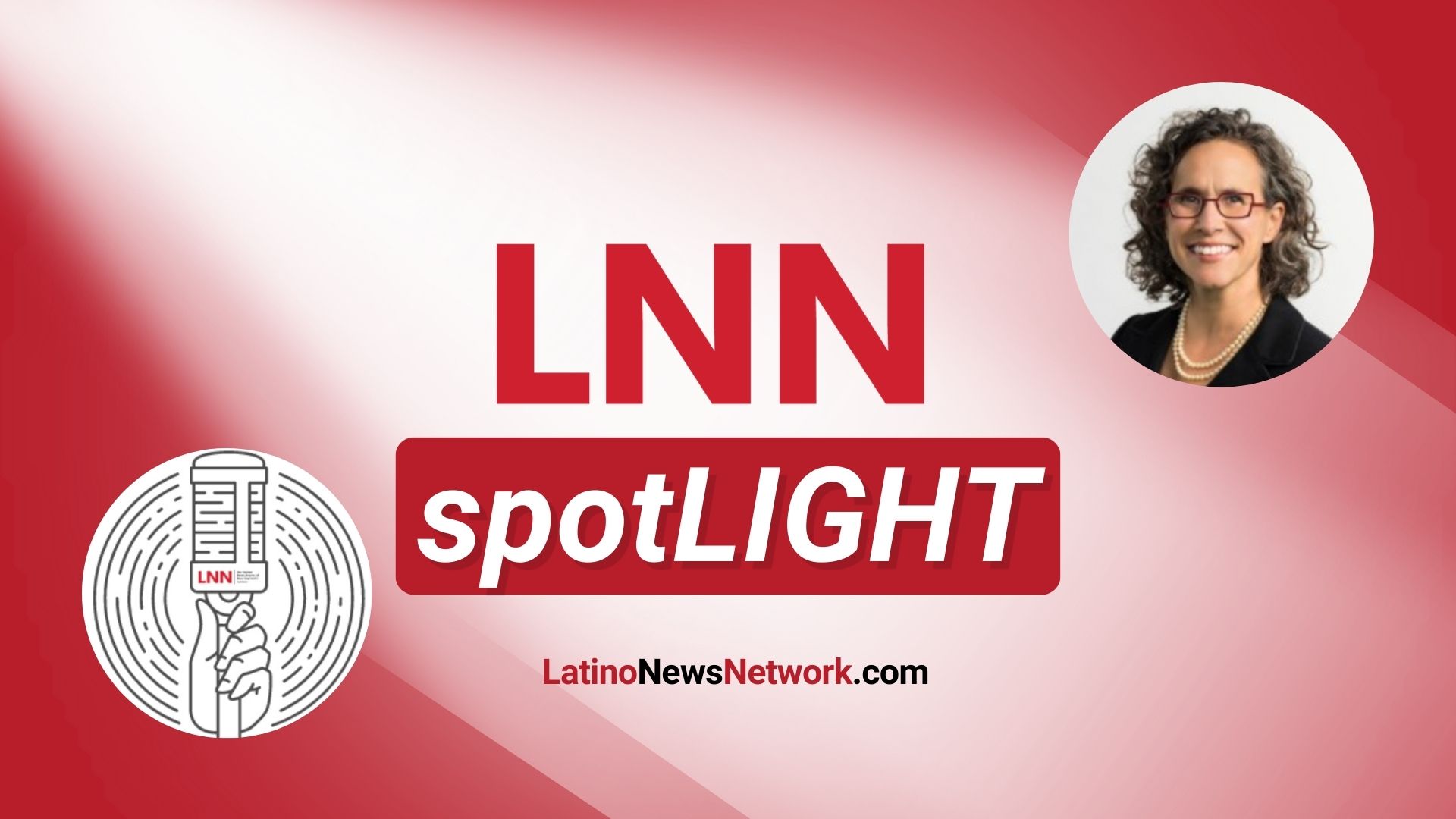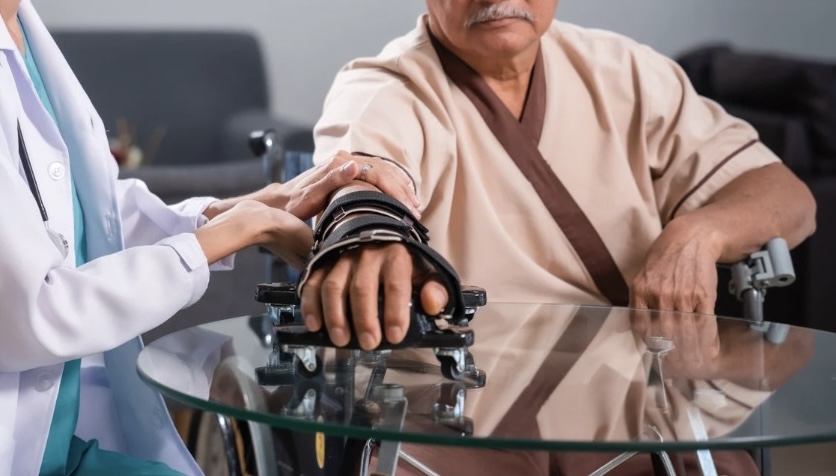Welcome to this week’s episode of NHLN Opinion+ where we talk about major issues the Latinx and underrepresented communities face in the New Hampshire community.
This week’s featured guest was Dr. Susan Huard, Chancellor of the Community College System of New Hampshire. Our topics for this week are about the impact of the pandemic on the community college system, the underrepresented communities that are served in New Hampshire, and the importance of mental health.
New Hampshire was just as impacted by the pandemic as any other state. “What was different for community college students was that they did not return to school the same way four-year college students did because our students worked,” said Dr. Huard. “Many of these students worked in essential worker positions such as police officers or nursing homes.” Many students returned to school part-time and these students who are essential workers had to take their courses in a virtual setting. This was a challenge as many courses taken by essential workers are hands-on and learning from a virtual setting is not the same as from an in-person experience.
The Delta variant has been making headlines across the country and just like any other state New Hampshire has been very cautious on class sizes. Lab classes are the biggest issue as they are critical to educational success and have been the most challenging to teach virtually. This is how essential workers such as police officers and nurses best learn for their occupations.
College is about work life balance and community college students struggle with juggling part time jobs with school. “ Our professors are great and our professors work very hard to meet not only the student’s learning needs but their life balance needs,” said Dr. Huard. Graduation rates in New Hampshire post secondary education may be deceiving because of the large number of part time students. “The average student finishes in three years. We want to be affordable and accessible to the student and provide employment opportunities for those who want to work and learn,” said Dr. Huard. “ We also work with several grants that help students afford college level education. The Graduation Gift is an opportunity where if students graduated this past May they can take a free course to see if college is right for them.” Due to the pandemic, many students are not fond of virtual learning. Community college offers flexibility for students to take however many classes they so desire while working on the side. Meeting the news of essential workers is important as paramedics learning through a virtual setting is not as effective as learning hands on.
In the community college system, 13% of the student body would fall under underrepresented. “Most of our colleges have English as a second language,” stated Dr. Huard. “Our mission is to help all citizens in New Hampshire and the first way to do that is to help citizens lead a satisfying life with a living wage.” The community college system is designed to serve the needs of all people regardless of background. Community college is a great way to save money and spend time trying new careers and understanding where your passion lies.
Resources mentioned in the video:




